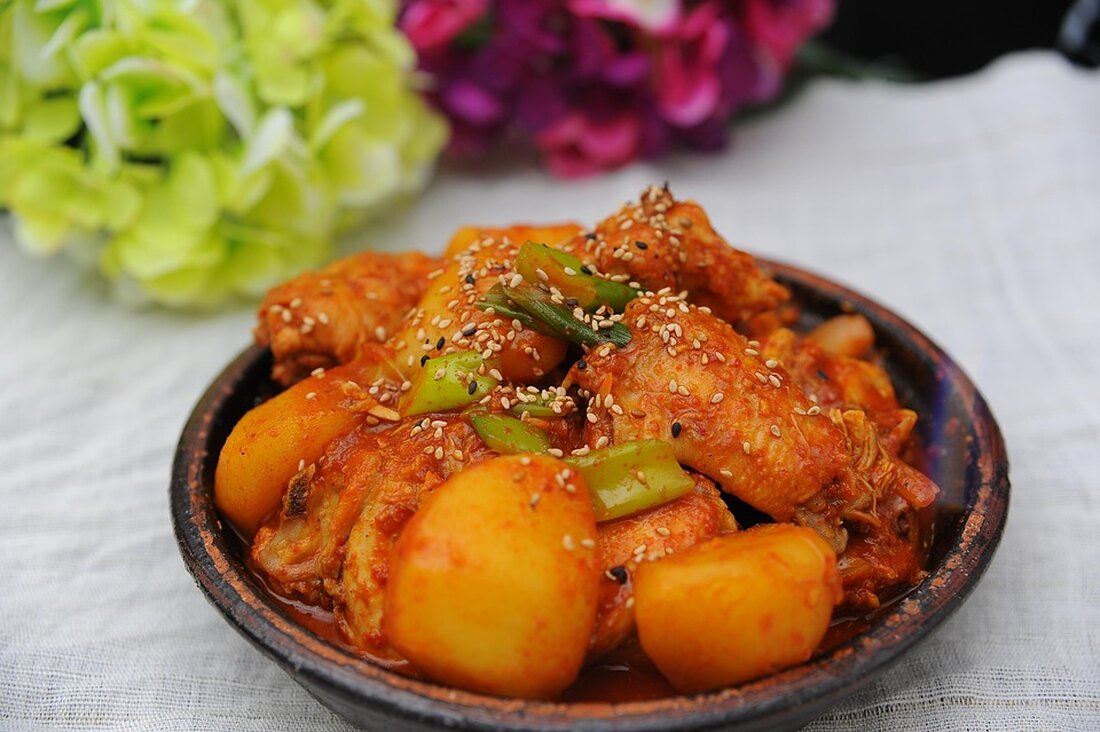Gong culture in Dak Lak: tradition is revived and promoted!
The Importance of Gong Heritage in Vietnam's Cultural Industry: Promotion, Preservation and Challenges to 2025.

Gong culture in Dak Lak: tradition is revived and promoted!
The importance of the gong heritage in Vietnam is increasingly coming into public focus, says Lai Duc Dai, deputy director of the Ministry of Culture, Sports and Tourism. He points to the growing attention to the “cultural industry,” which is crucial to preserving and promoting traditions and artistic expression. Recognized as a Masterpiece of Oral and Intangible Cultural Heritage by UNESCO back in 2005, the Gong Heritage has since received continuous support from the local government and community of Dak Lak.
In order to preserve the cultural values of playing the gong, various projects have been running for two decades. These initiatives aim not only to pass on the tradition of playing the gong, but also to strengthen the identity and heritage of ethnic communities. The main programs include:
- Kurse zum Unterrichten des Gongspielens und Gongstimmens für die jüngere Generation.
- Wiederbelebung traditioneller Rituale und Feste.
- Verteilung von Gongs an Dörfer und finanzielle Unterstützung für Gong-Teams.
- Organisation von Gong-Kulturaufführungen, Seminaren und Austauschprogrammen.
- Sammlung und Bewahrung alter Gongstücke.
- Veröffentlichung von Büchern, Kassetten und Bildern zu Ritualen und Festen.
The role of gongs in a cultural and social context
Gong culture is a fundamental part of daily life in the central highlands of Vietnam, where it is closely linked to the annual cycle and various rituals. Each gong has a specific reference to deities and is often a symbol of a family's wealth and authority. Every house has at least one gong, which not only serves as a ceremonial instrument but also has a deep cultural meaning.
The variety in the way the gongs are played varies depending on the region and village, with gongs with diameters of 25 to 80 cm being played. These instruments are not just musical objects, but act as a communication bridge between humans and the supernatural world. The harmonies created in different ceremonies adapt to specific occasions, be it mourning, sacrifices or celebrations.
Challenges and perspectives of Gong culture
Despite efforts to preserve and promote it, Gong culture faces significant challenges. Dr. Tuyet Nhung Buon Krong notes that there is a lack of comprehensive statistics on the economic and social contribution of the Gong heritage. The effects of economic changes and the disappearance of traditional ways of life are noticeable. The influence of Western culture means that the original knowledge and skills for playing the gong and the associated traditions are increasingly being lost. The number of older craftsmen is also decreasing, risking the sacred significance of the gongs disappearing and sometimes even being sold for recycling.
However, since 2017, there have been efforts to restore traditional rituals and festivals of ethnic groups in Dak Lak. The gong culture is actively promoted under the “Echoes of the Great Forest” program. Together with national and international organizations, those responsible are committed to keeping the gong heritage alive through festivals and cultural exchange. Thus, Gong culture is expected to remain a source of inspiration for the community and society and to find its place in the regional and national “cultural industry”.
Going forward, it is crucial to continue to raise awareness of the important role that gongs play in society and to take the necessary steps to preserve the traditions for future generations. The unique gongs of Vietnam not only represent a cultural heritage, but also an important element for the social structure and the creation of value in the “cultural industry”.
The Gong heritage and its cultural expressions continue to be seen as an indispensable part of Vietnamese identity, making ongoing efforts to preserve and promote these traditions all the more significant. The joint efforts of communities, government agencies and cultural institutions are essential to preserving the distinctiveness of this art form in the modern world.
For more information about the Gong legacy you can vietnam.vn and UNESCO visit.

 Suche
Suche
 Mein Konto
Mein Konto